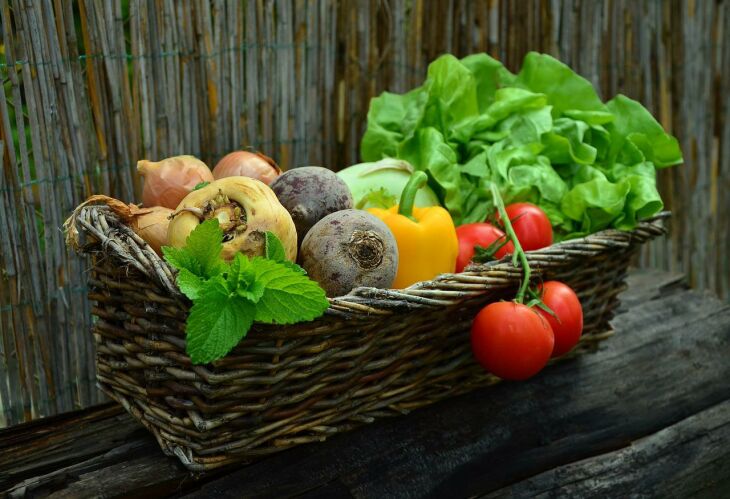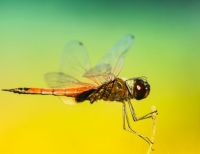
The authors advocate for a flexitarian or plant-based diet. Pixabay
The food choices we make, the way we eat, and the world’s food production systems have an enormous impact on the climate and environment, with food production contributing over 37 percent of the world’s greenhouse gas emissions.
Researchers from the University of Sydney and Curtin University have this week published their new book, Food in a Planetary Emergency (Springer) which analyses problems in food production and consumption at global, industry and individual levels, exploring new ways that we can eat to help curb emissions and protect critical habitats from being cleared. The authors argue that going ‘flexitarian’ – a diet that is comprised predominantly of plant-based foods but does not cut out any food group entirely – would drastically reduce greenhouse emissions.
“Greenhouse gas emissions are growing, with the global population set to reach 8.5 billion by 2030,” said the book’s co-author Dr Diana Bogueva, Centre Manager of the University of Sydney’s Centre for Advanced Food Engineering. “This means the production and farming of food and agriculture systems is putting enormous strain on the environment through loss of biodiversity, deforestation, loss of savannahs, plastics pollution, exhaustion of the planet’s soils, freshwater overuse, and species’ exploitation.”
“Climate change is being supercharged by humankind. Whether we are prepared to admit it or not, our food choices are a major contributor to the current environmental emergency, but we can make significant changes today that can lessen our impact,” she said.
The book, which builds upon hundreds of peer-reviewed studies and meta-analyses on the link between food and environmental impact, sets an agenda of change needed in areas ranging from food waste and packaging pollution through to meat consumption, circular agriculture and flexitarianism.
The authors have conducted research on meat consumption and its impact on biodiversity and human health. Dr Bogueva said: “There is no doubt that the increase in meat consumption globally in particular is leading to huge biodiversity loss and land clearing. However, its impacts are far-reaching, including on human health, causing both obesity in the developed world and malnutrition in the developing world.”
















